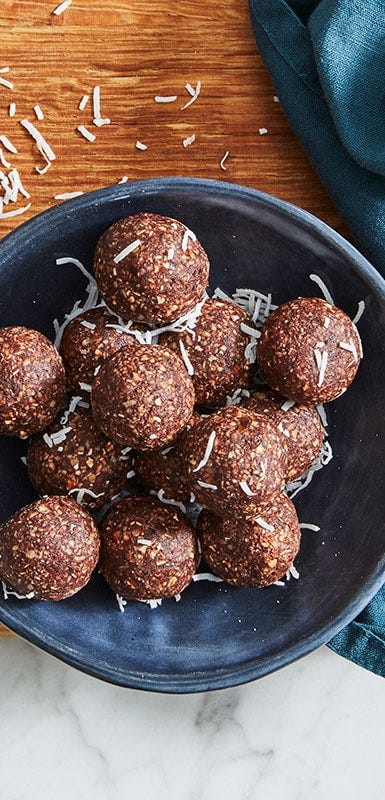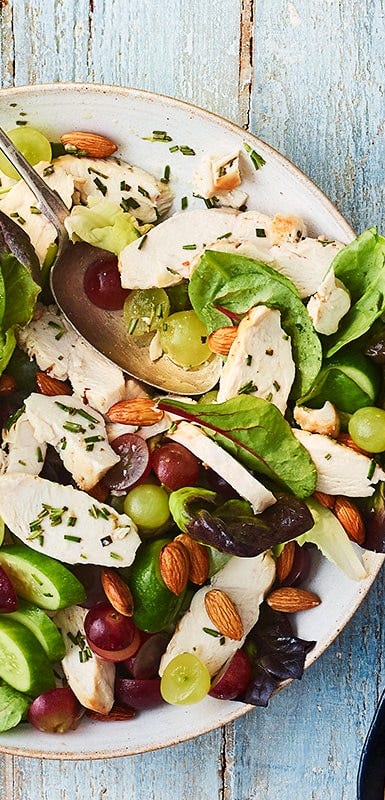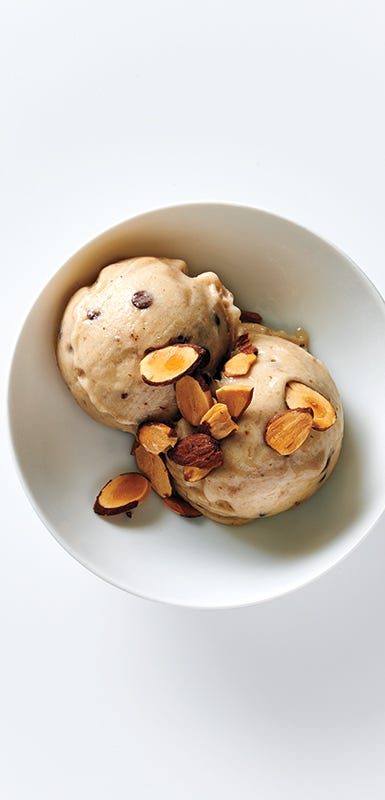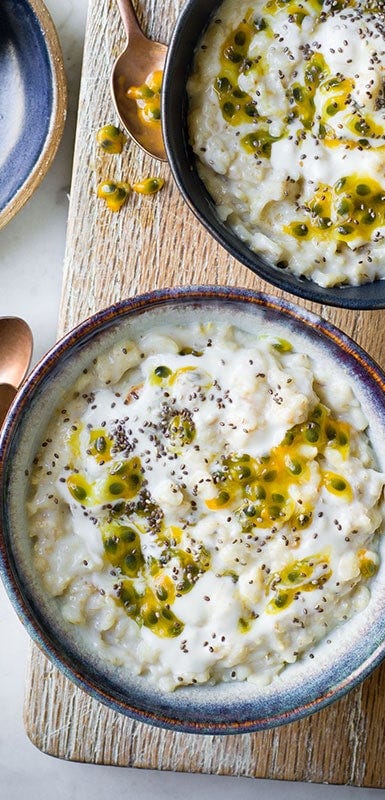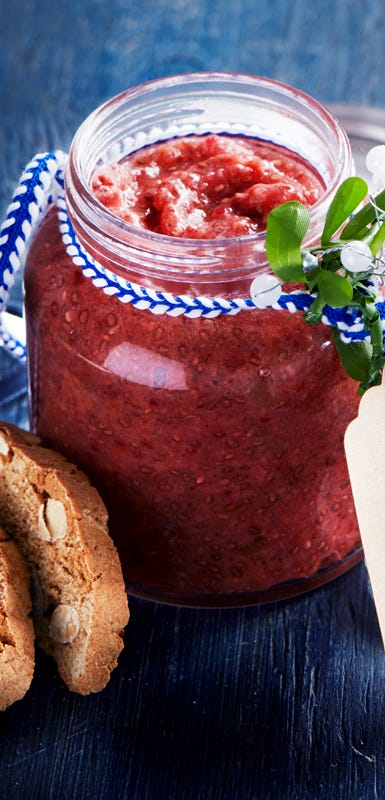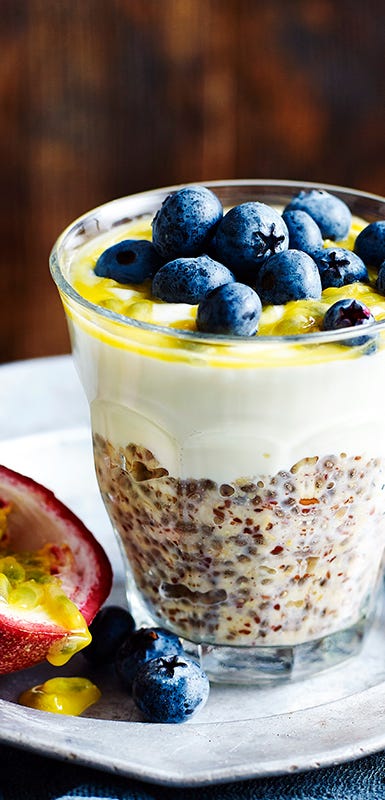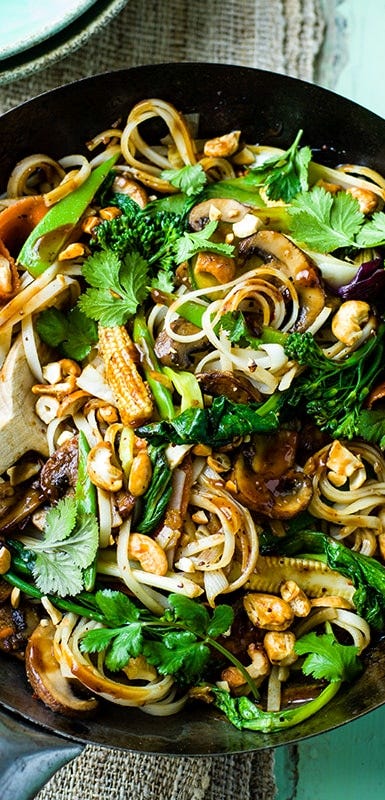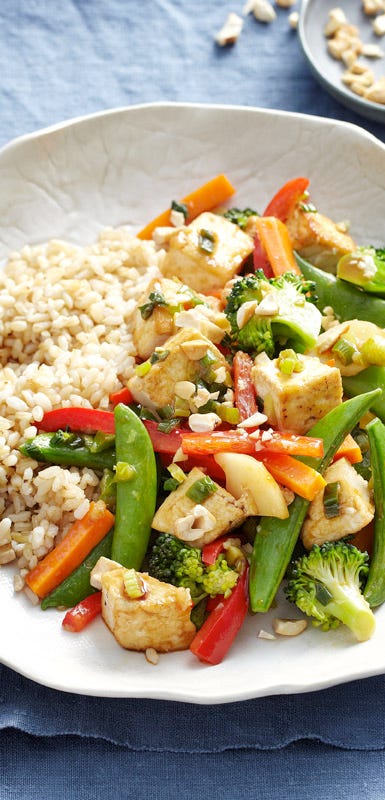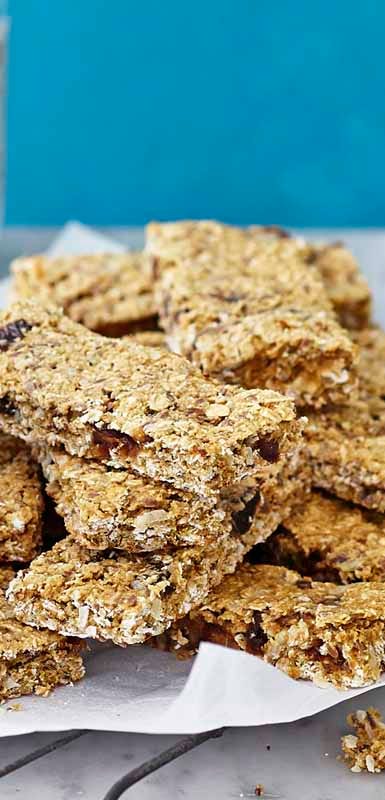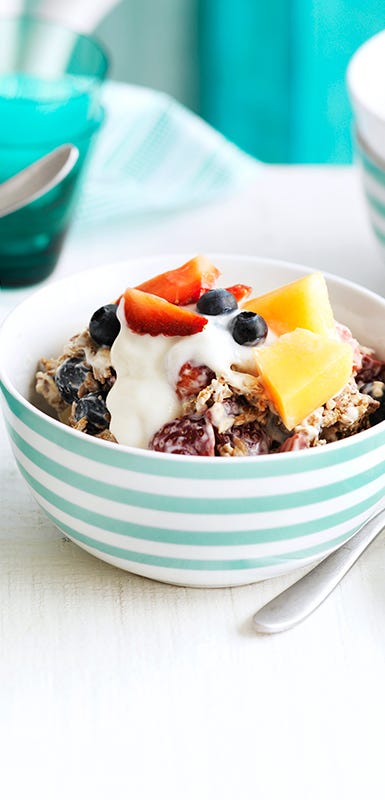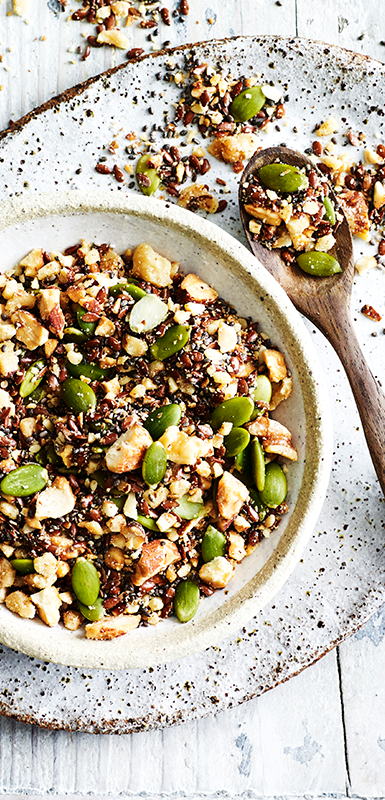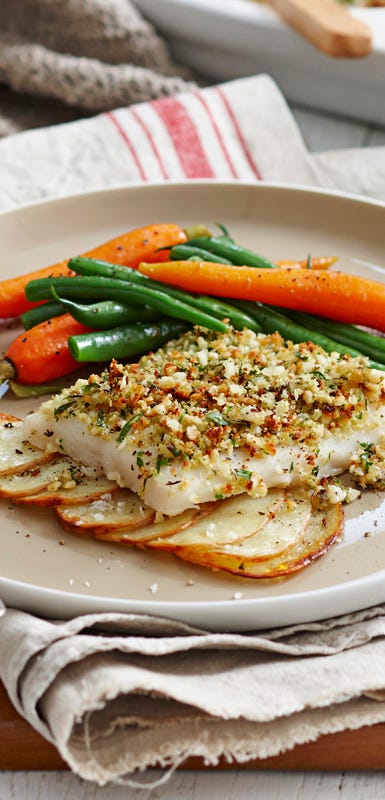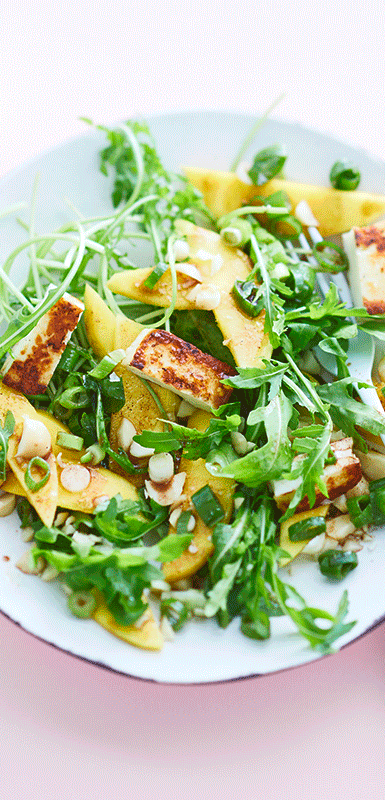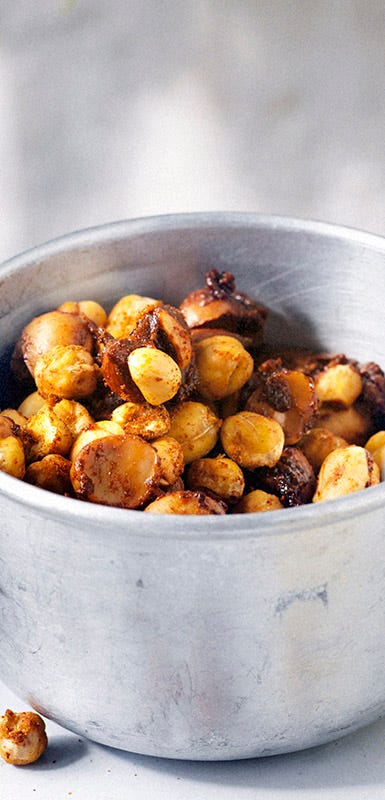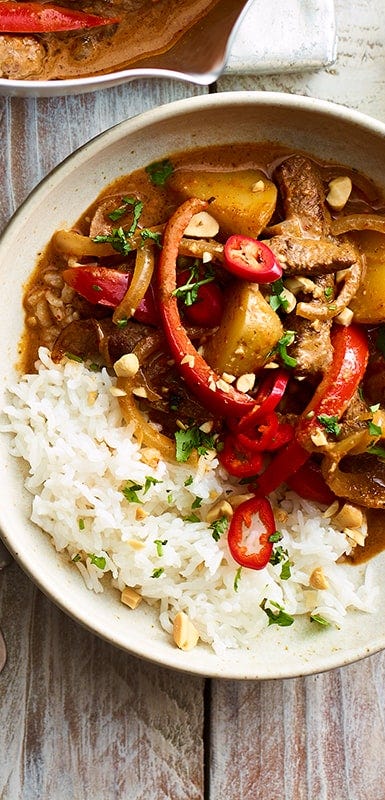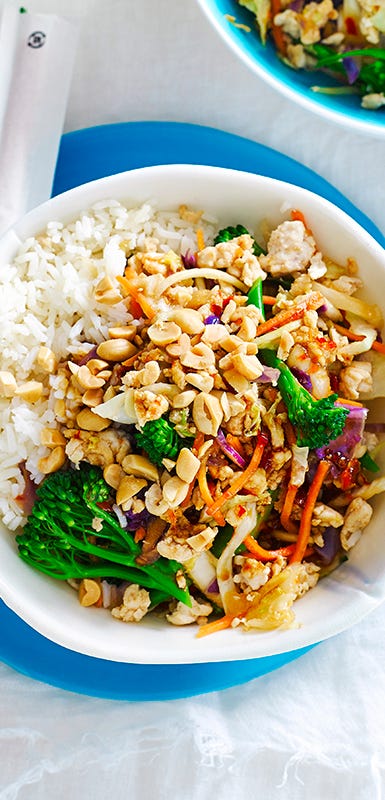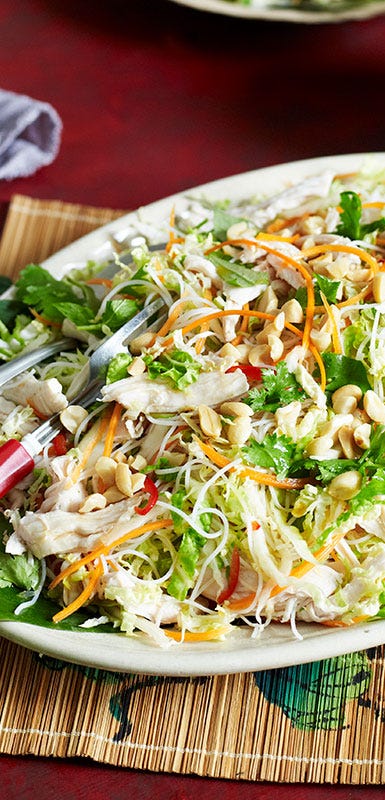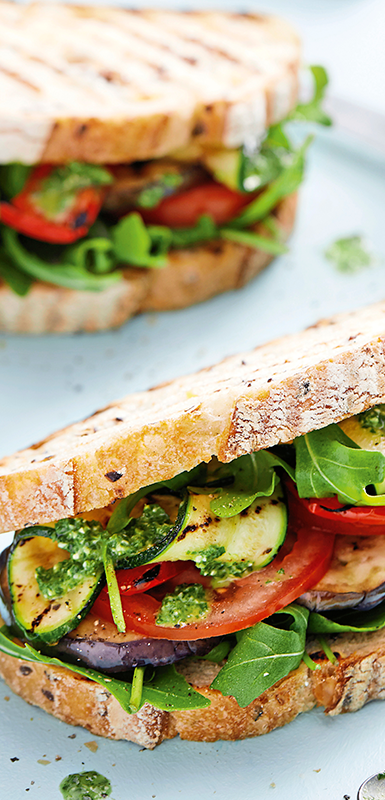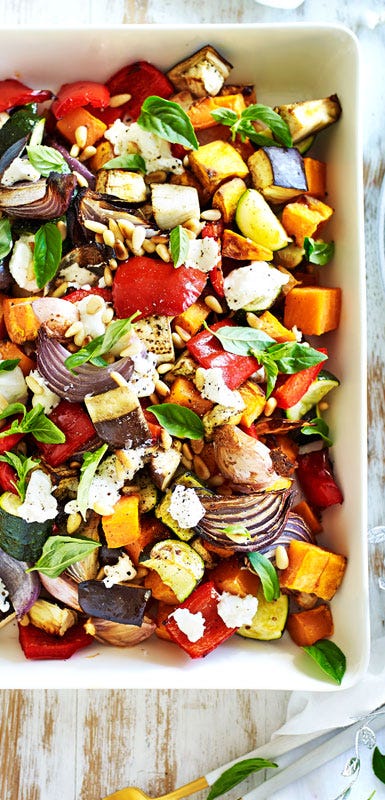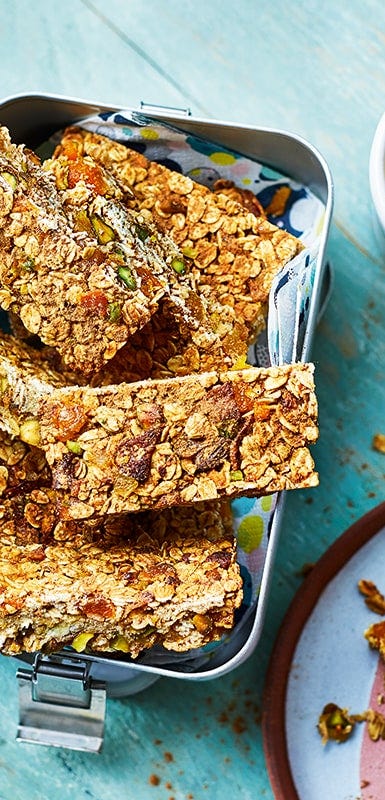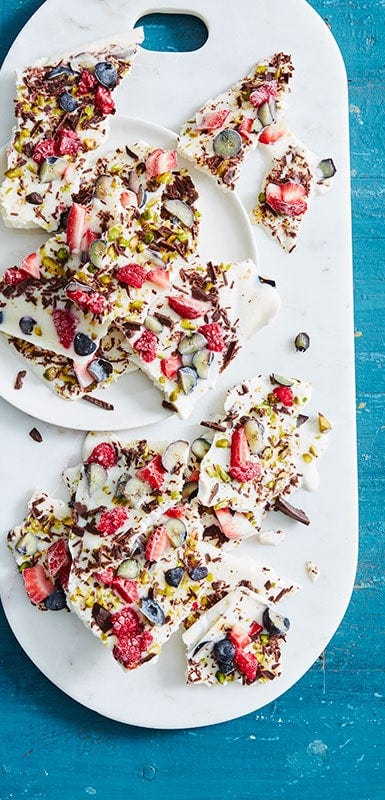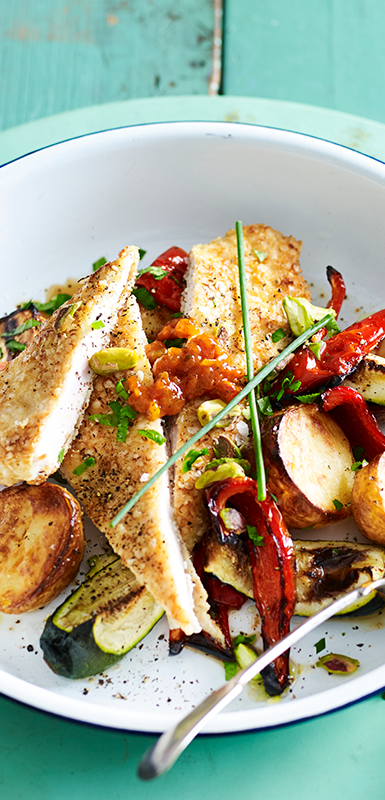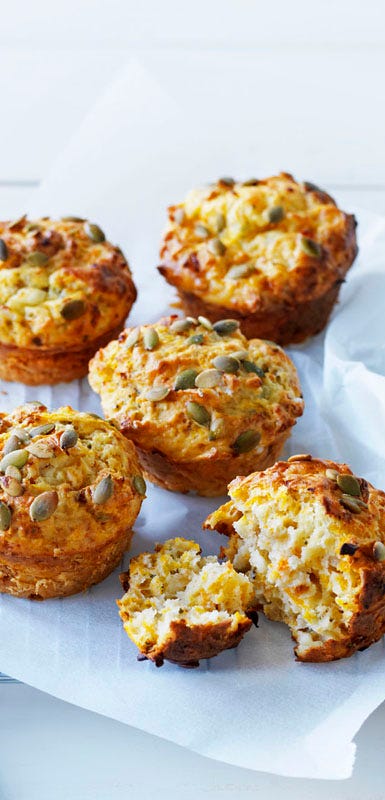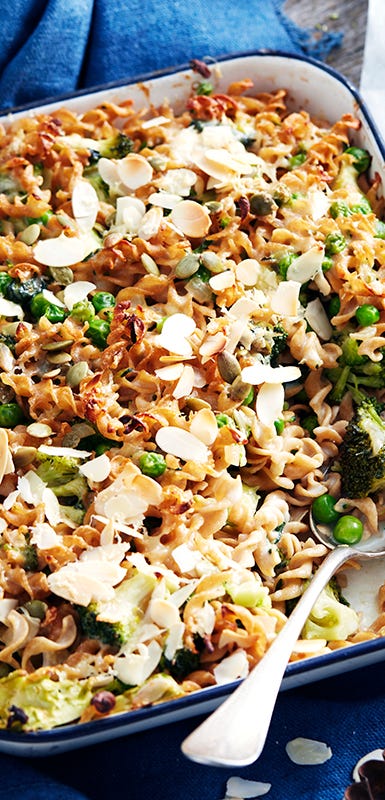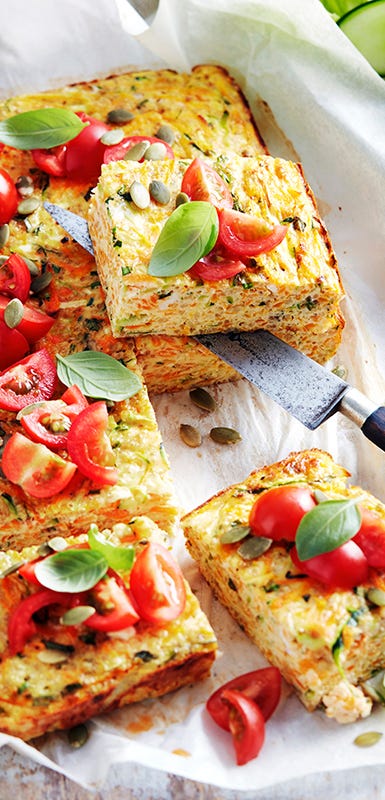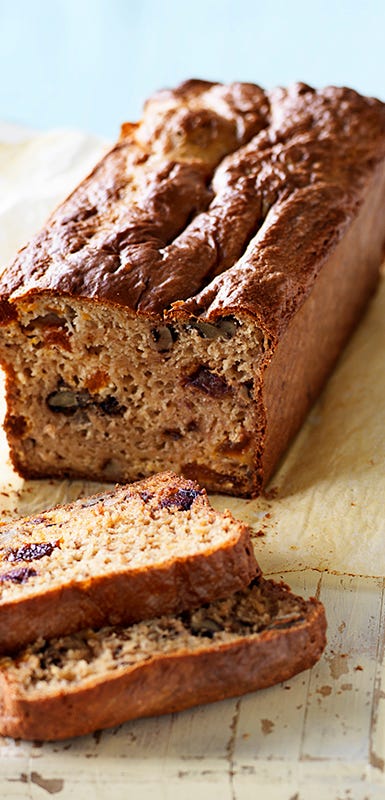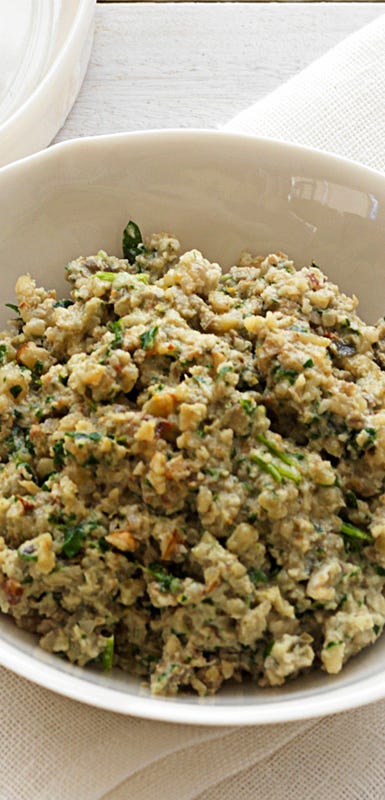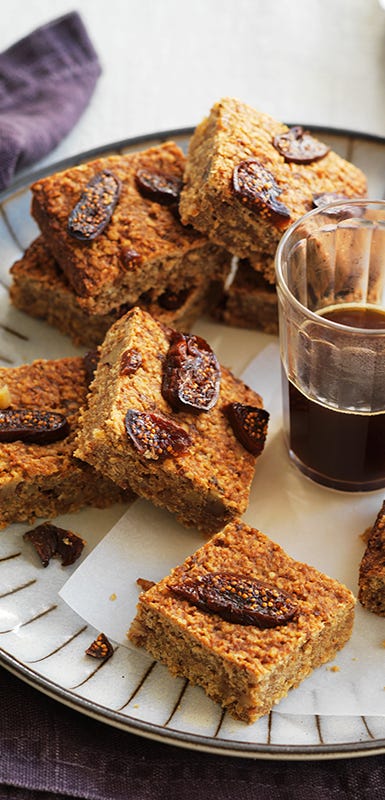Health benefits of nuts and seeds
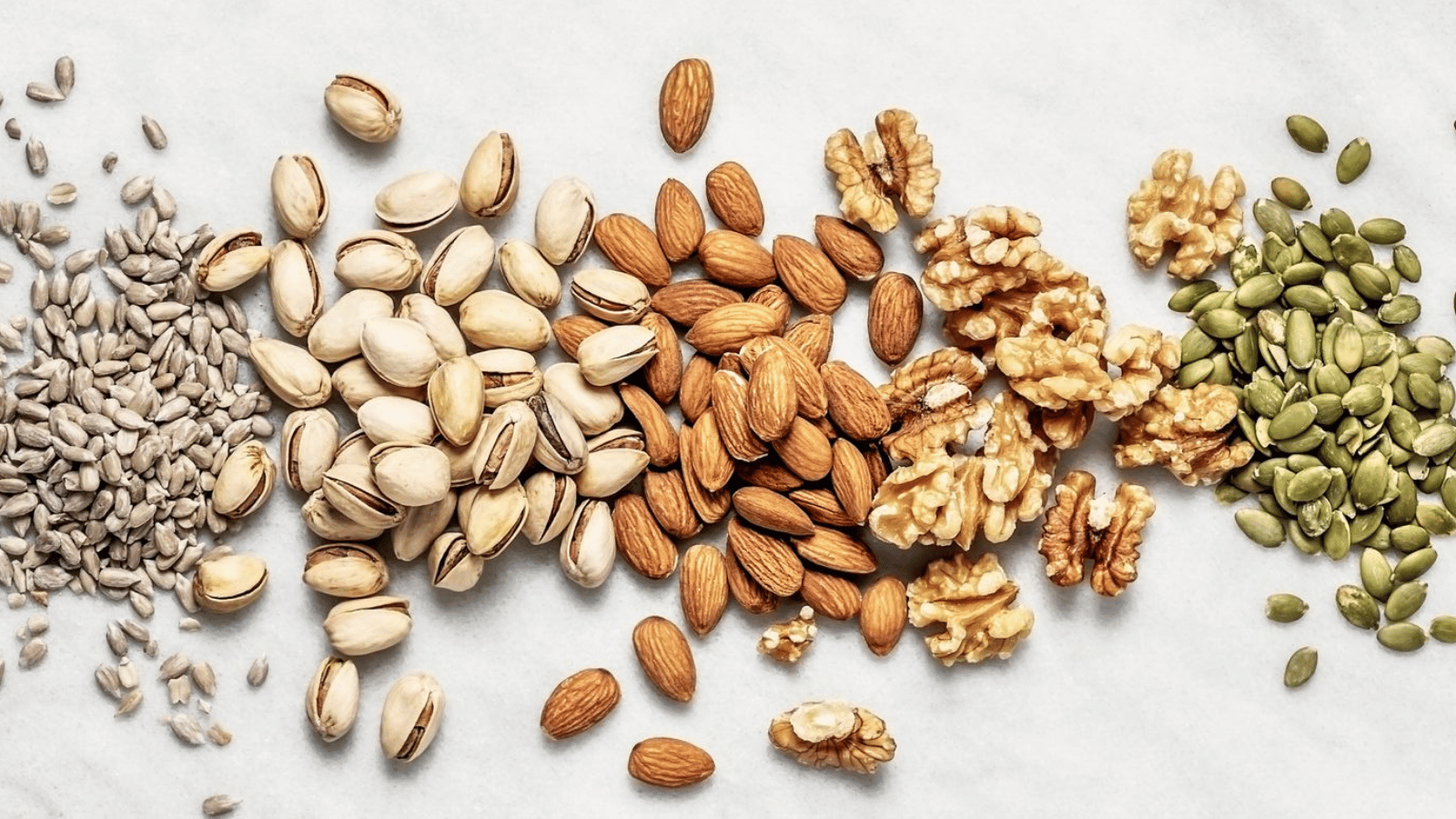

Benefits of nuts & seeds
The health benefits of nuts and seeds have been recognised for some time, and the body of research supporting these nutritional powerhouses continues to grow. For example, a study conducted at Harvard University found that regular nut consumption may contribute to a longer lifespan – talk about the ultimate health benefit! Additionally, nuts, once mistakenly deemed detrimental to weight loss efforts, have made a strong comeback on the weight-loss menu. Both large population-based studies and clinical trials have shown a positive link between nut consumption and weight management, particularly in preventing weight gain. In fact, a review found that eating nuts is associated with average reductions of 0.32% in weight, 0.67% in body mass index (BMI), and 0.84% in waist circumference. This reinforces the message that when included in a balanced diet, nuts do not lead to weight gain.
We’ve highlighted some of the most popular nuts and seeds – here’s how to enjoy them every day.
Almonds
Incredibly versatile, almonds are available in a variety of forms to suit different culinary needs. You can enjoy them raw as a nutritious snack, ground into flour for gluten-free baking, or sliced into slivers and flakes to add texture and a nutritional boost to salads, fruit bowls, and yoghurt. A 30 grams serving of almonds packs more than 70 per cent of your daily vitamin E requirements, supporting heart health and providing powerful antioxidant benefits.
Tips: Sprinkle flaked almonds on fruit and 99% fat-free Greek yoghurt for a delightful crunch and extra nutrition.
Or toast almond slivers lightly in a dry pan over medium heat until golden brown, then use them as a topping for porridge or roasted vegetables to add a nutty flavour and satisfying crunch.
Brazil nuts
From the heart of the Amazon rainforest, Brazil nuts are typically harvested from wild trees. They are the richest dietary source of selenium, a powerful antioxidant that is crucial for maintaining a healthy immune system. Just two Brazil nuts provide an adult’s recommended daily selenium intake. So, get cracking and enjoy the health benefits!
Tips: To make ABC butter, blitz 145 grams each of unsalted almonds, Brazil nuts and cashews until smooth. This homemade nut butter is perfect for spreading on toast or adding to smoothies.
Chop Brazil nuts and sprinkle them over a green salad for a crunchy texture and a nutritional boost. Their rich, buttery flavour pairs especially well with leafy greens and citrus dressings.
Chia seeds
Trending for many years now, chia seeds have secured their place in everything from breakfast bowls to desserts. While some of the health claims can be exaggerated, chia seeds are genuinely a good source of omega-3 fatty acids and soluble fibre, which help manage blood glucose levels and support overall heart health.
Tips: Mix chia seeds with pureed mango and a little coconut milk, then allow to sit in the fridge for a delicious breakfast or dessert.
Create a simple chia seed pudding by combining 2 tablespoons of chia seeds with 1 cup of almond milk and a teaspoon of honey or maple syrup. Let it sit overnight in the fridge, then top with fresh berries and a sprinkle of granola for a nutritious and satisfying meal.
Cashews
Cashews are actually seeds that grow on the cashew tree, renowned for their creamy texture and rich, buttery flavour. With nearly 50 per cent fat content, they are packed with healthy monounsaturated fats. Regularly eating a handful of nuts, including cashews, at least five times per week can reduce the risk of heart disease by up to 50 per cent.
Tips: Toss some cashews into your stir-fry for added crunch and a nutrient boost. Their mild, creamy flavour compliments a variety of vegetables and sauces.
Blend soaked cashews with a bit of water, lemon juice, and nutritional yeast to make a delicious vegan cheese sauce. Perfect for pasta, nachos, or as a dip for vegetables.
Flaxseeds/linseeds
Popular since the 1970s, flaxseeds, also known as linseeds, are celebrated for their versatility and potential health benefits, including protection against various cancers. Rich in plant lignans, flaxseeds are high in antioxidants and fibre, making them a nutritious addition to any diet.
Tips: To absorb the health benefits of flaxseeds, whip up a batch of homemade granola with rolled oats, a little dried fruit, and a spoonful of freshly ground flaxseeds (use a spice grinder and store in the fridge). This makes for a delicious and healthy breakfast or snack.
Sprinkle ground flaxseeds into your morning smoothie or yoghurt for an easy fibre boost. Just a tablespoon can enhance the nutritional profile and add a slight nutty flavour.
Macadamias
Buttery-flavoured macadamia nuts are a source of fibre and are rich in manganese, which is required for metabolism function and several enzyme systems in the body. Just 30 grams of these nuts provides more than 20 per cent of your daily manganese requirements, making them a valuable addition to your day.
Tips: Crush macadamias and mix with dukkah for a crunchy coating for fish or chicken. This adds a delicious texture and flavour to your meals.
Incorporate chopped macadamias into your baking recipes, such as cookies or muffins, for a delightful nutty taste and an extra nutrient boost.
Peanuts
Peanuts are actually classified as legumes rather than tree nuts, which is quite unique. This plant flowers above ground, but the peanuts themselves grow beneath the soil. Peanuts are packed with healthy monounsaturated fats and protein, making them a nutritious choice. Choose unsalted peanuts and 100 per cent peanut butter to avoid unnecessary sodium and additives.
Tips: Add a handful of peanuts to your homemade trail mix with dried fruits and dark chocolate pieces for a balanced and energy-boosting snack.
Add a spoonful of natural peanut butter to your morning smoothie for a protein-packed start to your day that also adds a rich, creamy flavour.
Pine nuts
Pine nuts, small but mighty, give pesto its characteristic nutty taste. They have a proven effect on satiety, helping you feel fuller for longer. Studies show that nut eaters tend to have a lower body mass index (BMI) than those who do not include nuts in their diet, making pine nuts a great addition to a healthy eating plan.
Tips: Mix toasted pine nuts with fresh basil to create a flavourful addition to meatballs. This adds a delightful crunch and enhances the overall taste.
Sprinkle toasted pine nuts over roasted vegetables or salads to add a nutty flavour and a satisfying crunch to your dishes.
Pistachios
These beautiful greeny-red nuts are prized in the Middle Eastern. Pistachios are one of the few nut sources of resveratrol, the antioxidant that’s also found in red wine, which is known for its heart-healthy benefits. Their unique flavour and vibrant colour make them a delightful addition to a variety of dishes.
Tips: Add pistachios to a Moroccan-spiced couscous with fresh orange segments and chopped coriander.
Crush pistachios and use them as a crust for baked fish or chicken, adding a crunchy texture and a rich, nutty flavour to your main course.
Pumpkin seeds/Pepitas
The edible green kernels from pumpkins, also called pepitas, are delicious roasted. Pumpkin seeds are a source of magnesium – an important bone mineral and enzyme cofactor essential for healthy protein metabolism.
Tips: Look for kernels that are bright-green, as brown seeds are a sign that the seeds are off.
Roast pumpkin seeds with a sprinkle of sea salt and a dash of paprika for a tasty and healthy snack that can be enjoyed on its own or sprinkled over soups and salads for extra crunch.
Walnuts
With their brain-like shape, it’s no surprise that walnut benefits include boosting your mood and brain power. With high antioxidant activity, walnuts are rich in omega-3s and help combat inflammation. Daily walnut consumption has been linked with better cognitive function in adults.
Tips: Make a Waldorf salad with a twist – combine apple slices, celery, cos lettuce and walnuts. Drizzle with no-fat yoghurt and lemon juice.
Add chopped walnuts to your morning oats or yoghurt for a hearty, nutrient-packed breakfast that will keep you energised throughout the day.
Portion sizes of nuts
In Australia, nut consumption remains significantly below recommended levels. Research shows that only 2% of Australians consume the recommended 30 grams of nuts daily. So just how much is 30 grams of nuts?
- 20 almonds
- 10 Brazil nuts
- 15 cashews
- 20 hazelnuts
- 15 macadamias
- 2 tbs pine nuts
- 30 pistachio kernels
- 9 walnuts or a small handful of mixed nuts

